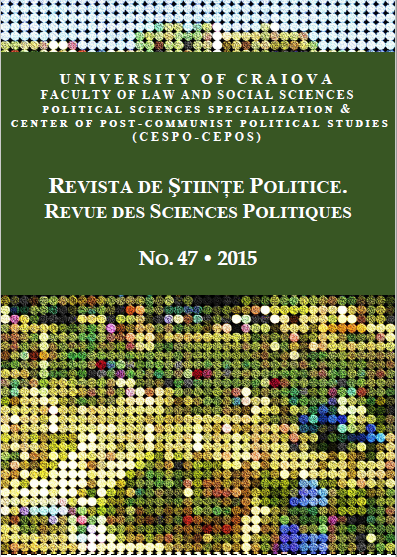Privilege against Self-Incrimination – Guarantee for Fair Trial in Modern Criminal Procedures (Nemo Tenetur Prodere Seipsum)
Privilege against Self-Incrimination – Guarantee for Fair Trial in Modern Criminal Procedures (Nemo Tenetur Prodere Seipsum)
Author(s): Arta Bilalli-ZendeliSubject(s): Criminal Law, Human Rights and Humanitarian Law
Published by: Editura Universitaria Craiova
Keywords: privilege against self-incrimination; remaining silent; burden of proof; the defendant; criminal proceedings;
Summary/Abstract: The defendant is one of the core subjects of the criminal procedure. As a subject, he has a range of rights, such as: the right to remain silent, the right to defense, the presumption of innocence, the right to be informed for the accusation, the right to be tried within a reasonable time, etc. By some authors, the privilege against self-incrimination is a core right of the defendant, which from derives some of above-mentioned rights! The privilege against self-incrimination does not refer only to the defendant, but it`s main effect must go to the state bodies and not allow them to compel the defendant in a way that he/she would criminalize himself/herself in judicial proceedings. The privilege against self incrimination is in correlation with the idea that no one is obliged to risk his life or liberty by answering the questions in the course of judicial proceedings. This privilege, particularly contributes to protect the integrity of the individual in official procedure'. The privilege against self-incrimination appears in the International Covenant on Civil and Political Rights, the American Convention on Human Rights, in the Statute of the Tribunal for the former Yugoslavia, in the Statute of the Tribunal of Rwanda, as well as many national acts of different countries through the world: the Charter of Rights and Freedoms of Canada, the Fifth Amendment of US Constitution, the Constitution of India, the Constitution of Pakistan, the Constitution of South Africa, etc.
Journal: Revista de Științe Politice. Revue des Sciences Politiques
- Issue Year: 2015
- Issue No: 47
- Page Range: 155-164
- Page Count: 10
- Language: English

